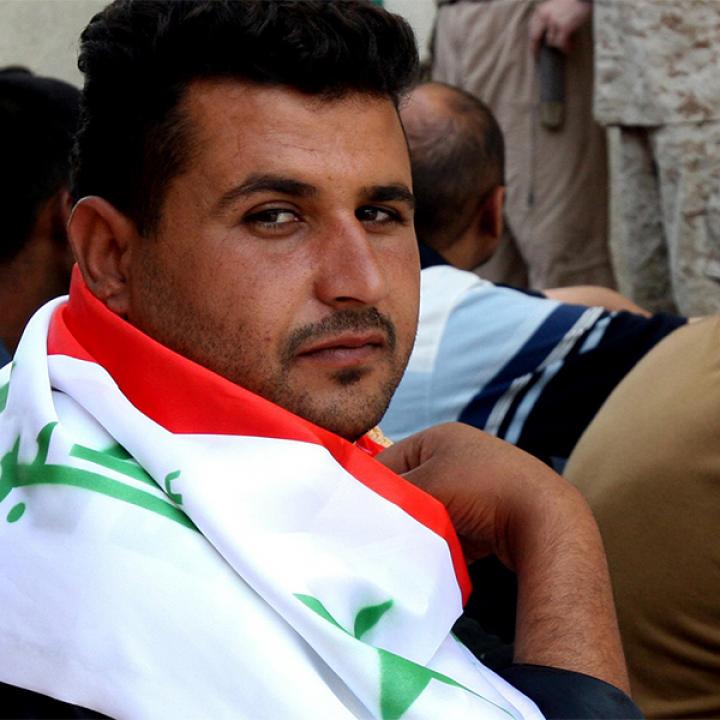
- Policy Analysis
- Policy Forum
New Data on Iraqi Political Trends: Parsing the Regional Implications

Watch an in-depth conversation with Iraqi experts who share and assess surprising new polling results about Iraqi public opinion.
Five months after Iraq's national elections, the new government's policies have yet to be determined. Against this precarious backdrop, recent polling data reveal surprising trends in public preferences on a variety of pressing governance and security issues. To discuss the political calculations underlying these trends and how they might affect Iraq and its neighbors, The Washington Institute hosted a Policy Forum with two experts who conduct extensive polling in the region.
Munqith Dagher is the CEO of the Baghdad-based Independent Institute for Administration and Civil Society Studies (IIACSS). One of Iraq's most prominent public opinion analysts, he specializes in conducting polls during times of conflict. His surveys about life under the Islamic State and Iraq's election results have been widely published in English and Arabic.
David Pollock is the Bernstein Fellow at The Washington Institute and director of Fikra Forum. Previously, he served as senior advisor for the broader Middle East at the State Department, and as chief of Near East/South Asia/Africa research at the U.S. Information Agency, where he supervised the government's study of regional public opinion, elite attitudes, and media content.
Ahmed Ali is a program officer at the National Endowment for Democracy. Previously, he served as Iraq team leader at the Institute for the Study of War and director of the Iraq Security and Humanitarian Monitor at the Education for Peace in Iraq Center, among other posts. He has extensive field experience inside Iraq, including numerous interviews with senior stakeholders and decisionmakers.


